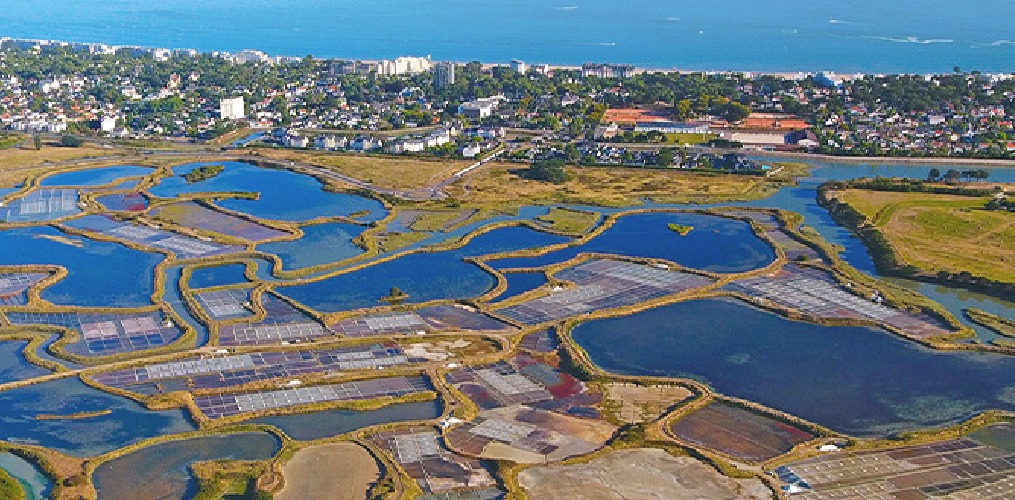RESTORE4Cs (https://www.restore4cs.eu/) is the EU-funded project dedicated to climate change, biodiversity loss and habitat degradation, focusing on the sustainable management of European wetlands. These natural coastal areas of saltwater and freshwater play a key role in achieving the EU objectives regarding climate neutrality, biodiversity protection, zero-pollution, flood protection, and the circular economy.
Led by the University of Aveiro (Portugal), the RESTORE4Cs consortium aims to assess the role of restoration action on wetlands’ capacity, through an integrative socio-ecological systems approach.
Within the scope of this objective, on 9 September 2024, the project launched its first Policy Brief, which highlights the aspect of Greenhouse Gas emissions.
European coastal wetlands have the capacity to reduce emissions consistently, through the so-called “carbon sequestration”, which generally refers to the process of capturing and storing carbon dioxide from the atmosphere.
In the case of wetlands, this is made possible thanks to their vegetation, and via sedimentation processes: they can store large amounts of organic carbon in their soil, due to their rapid growth and slow decomposition rates. Additionally, coastal wetlands generally release lower levels of methane compared to other types of wetlands. Moreover, they help trap organic particles carried by the flooding water, increasing the levels of organic carbon in the soil and forming organic-rich reservoirs called “blue carbon sinks”.
Given their importance in our ecosystem, it is not surprising that Europe is investing in the protection of these precious environments: just a few weeks ago, at the end of August, RESTORE4Cs had joined three akin projects (ALFAwetlands, REWET and WET HORIZONS) in the SERE2024 Conference, an event entirely dedicated to Ecological Restoration.
With the Policy Brief, authored by members of the European Topic Center, University of Malaga and University of Valencia (Spain), and the German Ecologic Institute, the project reinforces this message, by highlighting some key takeaways:
- the important role of wetlands as natural carbon stores
- the need to preserve the ones in good status, and urgently restore the endangered ones, as a cost-effective climate mitigation strategy
- the use of carbon certification schemes as additional tools to unlock new financial resources.
- the promotion of incentives for climate-friendly companies
You can read or download the full document at this link: https://www.restore4cs.eu/restore4cs-1st-policy-brief/
